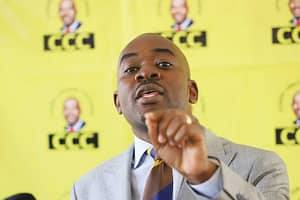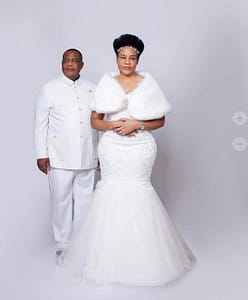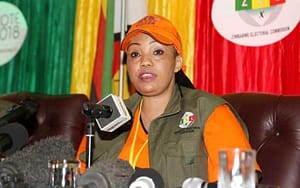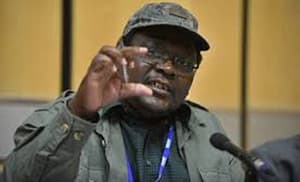Why Mnangagwa chose midweek election date
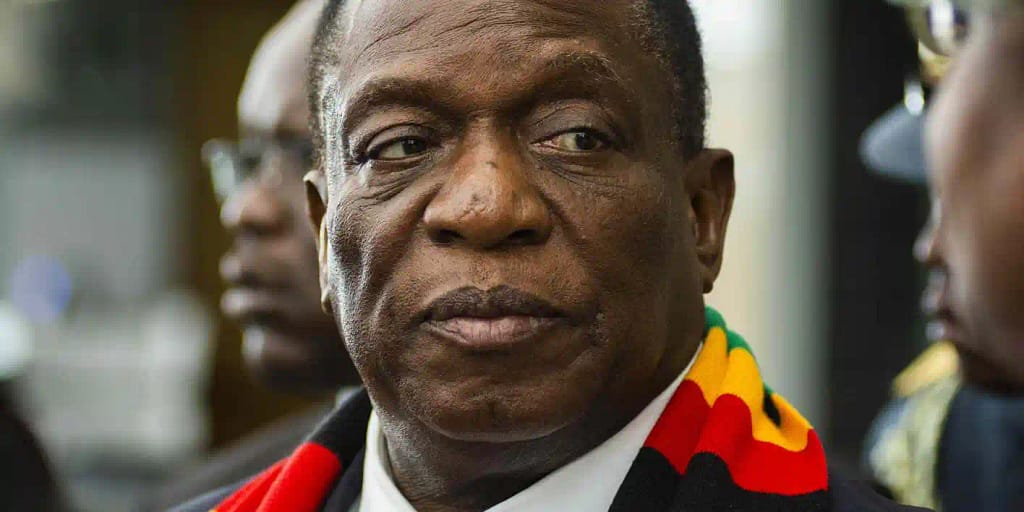
President ED Mnangagwa
President Mnangagwa breaks with tradition and sets midweek elections for August 23
Zimbabweans will go to the polls on Wednesday, August 23, to elect their president and parliamentarians in a historic election that marks a departure from the usual weekend voting. President Emmerson Mnangagwa, who came to power after a coup that ousted Robert Mugabe in 2017, said he chose a midweek date to accommodate all registered voters, especially those from various religious groups who observe the Sabbath on different days.
The decision has been welcomed by some religious leaders who said it would enable their members to exercise their democratic right without compromising their faith. In the past, when elections were held on Saturdays or Sundays, some members of Apostolic and Zion sects did not participate because of their religious obligations.
“We are happy that the President has considered our plight and given us a chance to vote on a day that does not clash with our worship,” said Bishop Johannes Ndanga, the president of the Apostolic Christian Council of Zimbabwe1.
However, some critics have questioned the rationale behind the move, arguing that it would disenfranchise many working-class voters who may not be able to take time off from their jobs or travel long distances to cast their ballots. They also accused Mnangagwa of trying to manipulate the electoral process in his favour by creating confusion and apathy among the electorate.
“This is a deliberate ploy by ZANU-PF to reduce voter turnout and rig the election. They know that most people will not be able to vote on a weekday because of work commitments and transport challenges,” said Tendai Biti, the vice-president of the main opposition Citizens Coalition for Change (CCC)2.
Mnangagwa, who leads the ruling ZANU-PF party, is facing a stiff challenge from Nelson Chamisa, the leader of the CCC, who claims to have the support of the majority of Zimbabweans. Chamisa has vowed to end ZANU-PF’s decades-long rule and usher in a new era of democracy, economic recovery and social justice.
“We are ready to take over this country and transform it into a modern nation that works for everyone. We have a vision of a new Zimbabwe that is prosperous, peaceful and inclusive,” Chamisa said at a rally in Harare last week3.
The election is seen as a crucial test for Mnangagwa’s legitimacy and credibility, both at home and abroad. He has promised to deliver free, fair and credible elections that will end Zimbabwe’s international isolation and attract foreign investment. He has also pledged to implement political and economic reforms, including compensating white farmers who were evicted during Mugabe’s land reform programme and clearing Zimbabwe’s $14 billion debt arrears.
“We are determined to hold an election that will be a model for Africa and the world. We have nothing to hide and nothing to fear. We are confident that the people of Zimbabwe will give us another mandate to continue our work,” Mnangagwa said in an interview with Reuters4.
However, Chamisa and his allies have raised concerns over the integrity of the voters’ roll, the independence of the electoral commission, the security of ballot papers and the role of the military in the electoral process. They have also demanded that Zimbabweans living abroad be allowed to vote, a request that has been rejected by Mnangagwa’s government.
“We are not going to accept any election that does not meet the minimum standards of credibility and transparency. We are not going to allow ZANU-PF and its cronies to steal our victory. We are prepared to defend our vote by any means necessary,” Chamisa warned at a press conference on Monday5.
The Nomination Court will sit on June 21, 2023, to receive and process nomination papers from candidates. The campaign period will officially start after that date and end 48 hours before polling day.
The election will be held under a new constitution adopted in 2013 and a new Electoral Act amended in 2018. However, some provisions in the Electoral Amendment Bill that were meant to enhance transparency and accountability will not be applicable because they were passed after Mnangagwa had proclaimed the election date.
According to the Zimbabwe Electoral Commission (ZEC), there are about 7.2 million registered voters in Zimbabwe, out of a population of about 16 million. The ZEC has said it will deploy about 130,000 polling officers and 10,000 observers to ensure a smooth voting process. The results are expected to be announced within five days after polling day.

